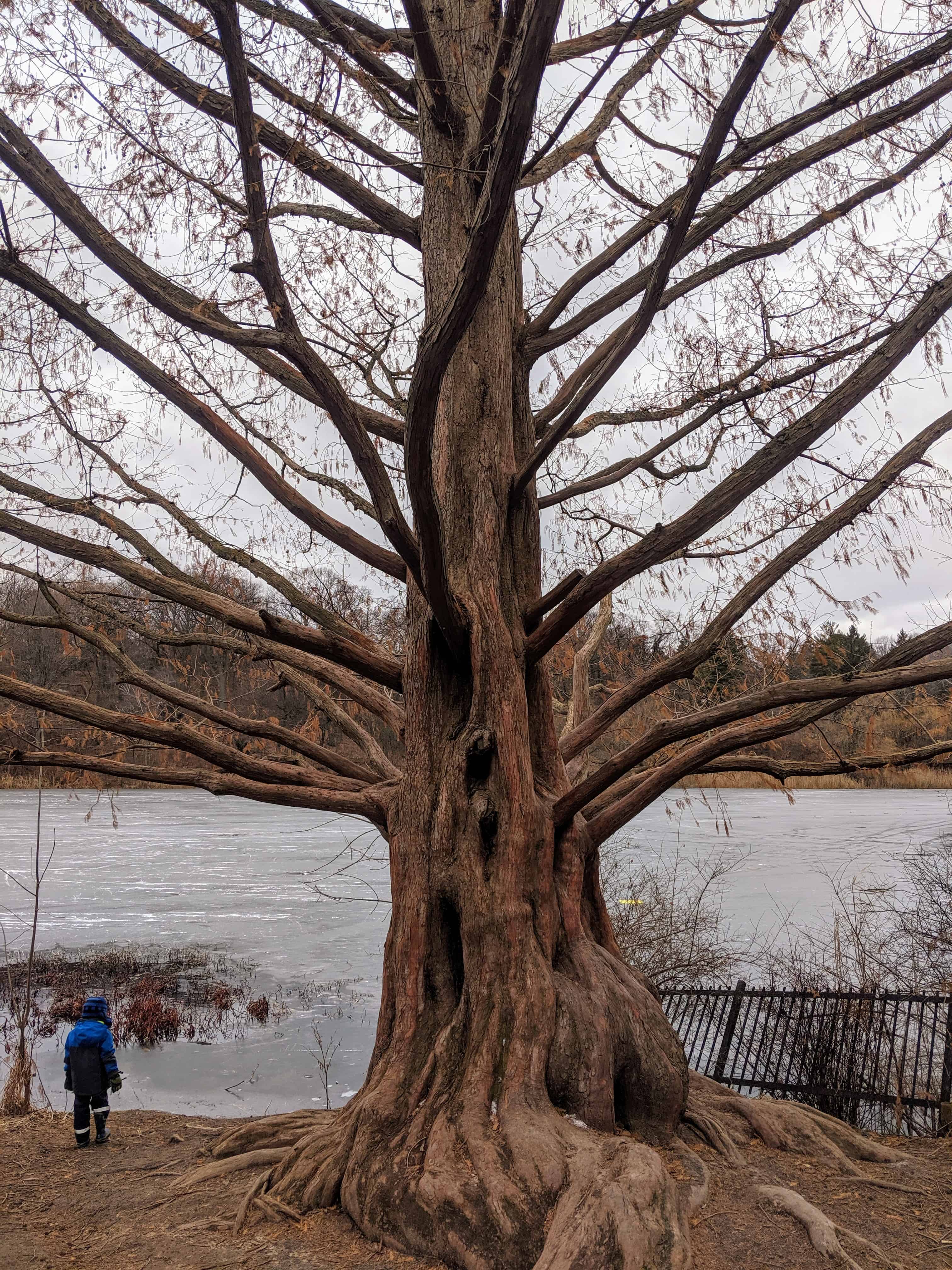With a city-wide shutdown and the threat of COVID-19 on our doorstep, many of us—whether we regularly deal with anxiety or not—are having spiralling thoughts. Though these thoughts can be overwhelming, it’s important to remember that this is a natural and normal response to uncertainty.
“Anxiety is our body’s natural response to stress and acts as a built-in safety mechanism that prevents us from harm,” says Megan Rafuse, founder and partner of Shift Collab, a clinic and network with over 50 mental-health professionals across Canada. “When it comes to anxiety around COVID-19, for some of us a similar stress response may be happening, especially as we are being inundated with news media discussing the risks and challenges associated with this pandemic.”
What this response can look like is imagining and worrying about the worst possible outcome—which is scary and upsetting. However, you can take some comfort in knowing that this kind of response is natural. In fact, some would argue that it is a healthy reaction to a situation of this magnitude. “Often in an effort to keep us safe, our mind falls into a pattern of catastrophic thinking. It can be helpful to separate between what is necessarily going to happen from what is possible to happen,” says Rafuse, who encourages Canadians to separate the facts from the worries or what-ifs. “It may be possible that there is a high risk of your family falling ill, but is it certain? Instead of making assumptions or getting ahead of yourself, it’s critical to make choices one step at a time.”
Scanning social media or constantly checking news updates is where we often go to get answers and seek comfort, but Rafuse reminds us that we need to be mindful about how we consume the news. “It’s important to note that we can also easily influence each other socially during times of stress. You can see this fear contagion phenomenon happening in stores as people race to stock up on toilet paper and cleaning supplies. When you are feeling particularly anxious, it is essential to pay attention to what you can control and focus on challenging the need to follow the fear-based behaviours you are seeing in the media.”
So, what are some calming activities we can do? Everyone finds comfort differently, but here are some of the activities that are helping us to soothe ourselves through each moment of uncertainty right now.
Walks in nature
- Our city parks are still open! Taking a break from news to listen to birds chirp and breathe fresh air has been tremendously helpful for our mental health. What better time to get in those 10, 000 steps than now?!
Connecting with friends & family
- Many of us aren’t used to being isolated—reaching out when you’re lonely is important, and a great way to get out of your head. Set up a time each day to check in with family or friends be it a phone call, or Facetime.
Movement
- With the gym no longer an option, check out fitness classes online, or crank up some music for an impromptu dance party with your kids. Many yoga studios are moving their classes online, which can be helpful to maintain momentum for anyone who benefits from in person classes. There are also several apps that you can install on your phone to challenge yourself to reach a goal, such as 30-day ab challenges or stretching challenges.
Creative Outlet
- Do some art, write in a journal, create a vision board. When we start using our hands, we also get out of our heads. Now is a great time to start a project you’ve been thinking about. Maybe your creative outlet is less pencil and paper and more flour and water—baking can also bring comfort, and a sense of accomplishment.
Take a Class
- There are several online outlets that provide free distance learning. For example, Toronto Public Library card holders can take various classes here.
Lose Yourself In A Story
- If you haven’t already got a pile of books at home that you’ve been meaning to read, The Toronto Public Library has an extensive database of e-books and audiobooks for you to download and listen to for free. For those who are in a position to pay for a subscription, Audible is an excellent resource for popular audiobooks.
Rest
- Back to the basics! It’s tempting to stay up late and binge watch on Netflix, but sleep vital for our mental wellbeing. If you don’t already have one, create a bedtime routine that makes you feel at ease.
Meditate
- No better time than the present to… be present. There are many resources to help learn the basics of meditation that you can find by searching online, but an excellent app that we love is Insight Timer. It’s a free resource filled with hundreds of guided meditations for various levels of learning. If you’ve always wondered about the psychological and physiological benefits of stillness, what better time to find out than now?
Organize
- For some of us, a candle-lit bath provides comfort, and for others organizing a pantry might be the thing we want to do to bring a sense of order to our world—one thing we can control. Maybe it’s not a part of your house you want to organize, but a community FB group, or daily schedule to help manage working from home with kids, do what lights you up and feels good.
There’s no denying that right now is a difficult time regardless of the various ways we can successfully self-soothe. If you are feeling overwhelmed (totally normal!) and would like to speak to a therapist, Shift Collab offers privacy-compliant sessions over Zoom or phone. Visit www.shiftcollab.com to book directly with a therapist of your choice.



 Follow Us On Instagram
Follow Us On Instagram
